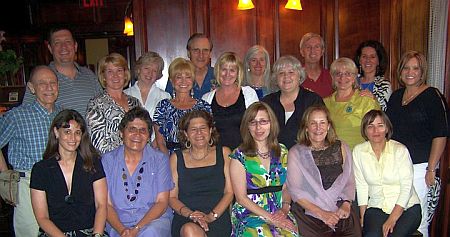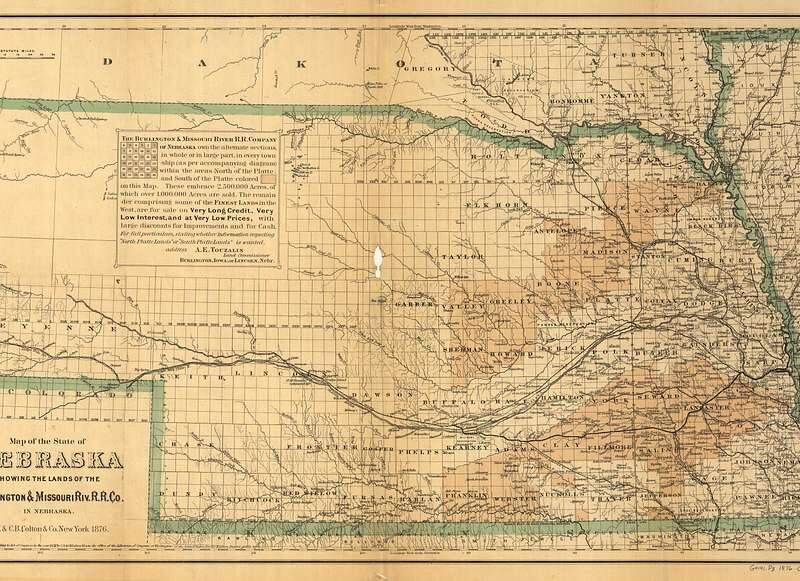Teaching the Holocaust is a challenge for any teacher. How should a teacher engage students with difficult material such as hatred, prejudice, and state-sanctioned genocide? What role does writing have in moving students toward inquiry, empathy, and action? How do we help students with the trauma that threatens them in such a study?

In two summer institutes, 2006 and 2007, sponsored by NWP’s Rural Sites Network, in partnership with the Holocaust Educators Network, Memorial Library and Art Foundation of World War II . Katie Elsener, Tom Seib and Jane Connealy were immersed in the study of the Holocaust, writing and developing lesson plans designed to move students toward inquiry, empathy, and action. By the time the group arrived in New York, each participant had read Michael Berenbaum’s The World Must Know, an excellent historical overview of the Holocaust that shows the perspectives of the victims, perpetrators, and bystanders, while dealing with the fundamental themes of the Jewish experience. Discussions about the book had taken place on a Blackboard site prior to the institute in an attempt to draw participants closer as well as to explore the book itself.

Olga Lengyel, a Holocaust survivor who lost her husband, two sons, and parents at Auschwitz, left a legacy to establish the Memorial Library and Art Foundation of World War II. A somewhat fictionalized account of Lengyel’s story was used for the title character’s story in Sophie’s Choice.The foundation’s purpose has been to carry forward Lengyel’s desire to sustain hope by supporting education aimed at preventing future genocides. In 2010 the group applied for and was chosen a second time by the Memorial Library to attend a second summer institute whose aim was to create a Satellite Seminar to be offered to Nebraska teachers through NeWP in the summer of 2011. As part of her response, to the seminar, Katie wrote, “Irving Roth [Holocaust survivor] said, ‘My parents survived because someone cared. ‘We must care about our fellow human beings in order to mold our world into the place it is supposed to be. That is the message I will take to my students.”

As Elsener, Seib and Connealy continue to work with these assignments, they recognize that it is true that the more students read, the more they learn about others; however, it is not until they write that they come to empathize with them. The teams of teachers who came to New York in the summer of 2010 were committed not only to immersing themselves in the subject of the Holocaust, but also to providing inservice learning after they finished the program. The Holocaust and Modern Genocide institute that will be offered in 2011 will offer Nebraska teachers ideas resources and encouragement when it comes to dealing with this difficult subject.

A listserv hosted by the National Writing Project continues to bring all seminar participants together for book discussions and lesson plans and resource sharing. To date a total of six NeWP TCs have attended the summer institutes sponsored by the Memorial Library and these teachers will all be involved in the Satellite Seminar offered in 2011. In addition, members of the various groups have presented at the NWP Annual Meeting in November to share Olga Lengyel’s vision with teachers everywhere.




